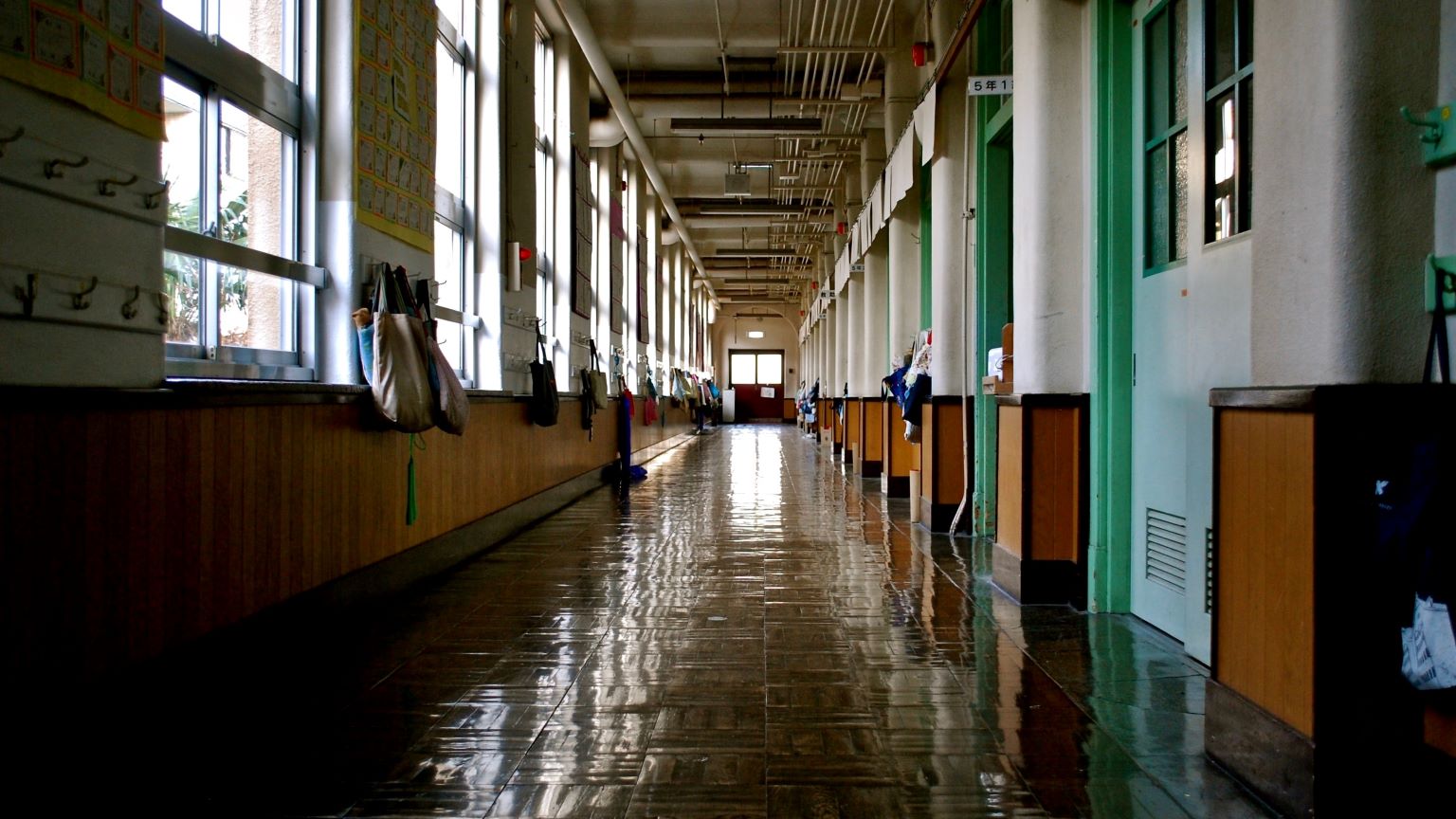We Believe Things Happen for a Reason, But Should We?

Many coincidences happen in life and sometimes they are paired quite nicely: the weather is bad on a day we don’t have to go out, we run into a friend just as we’re thinking about them, etc. We often extrapolate from these events to say they “happen for a reason,” suggesting that there is a greater meaning to them. Recent studies suggest this is not a phenomenon unique to those religiously inclined (as one would expect since it suggests a Grand Design or an Ordered Universe sensitive to our individual circumstances).
Scientific studies completed in the US and UK have found that even atheists think in psychological terms about the material world, ascribing intentionality to a universe which they officially profess to be lacking in purpose and design. And in a study to be published this week in the journal Child Development, psychologists at Yale found that children think the same way, regardless of whether religious thought was a part of their home life.
Perhaps we continue to think this way because it is soothing, reassuring us that we are more than paint splatters on an abstract impressionist’s canvas. But the Yale psychologists also argue that belief can have some ugly consequences:
“It tilts us toward the view that the world is a fundamentally fair place, where goodness is rewarded and badness punished. It can lead us to blame those who suffer from disease and who are victims of crimes, and it can motivate a reflexive bias in favor of the status quo — seeing poverty, inequality and oppression as reflecting the workings of a deep and meaningful plan.”
In his Big Think interview, Dan Ariely argues that religious belief, while ultimately irrational, may benefit society because of its moral instruction:
Read more at the New York Times
Photo credit: Shutterstock



